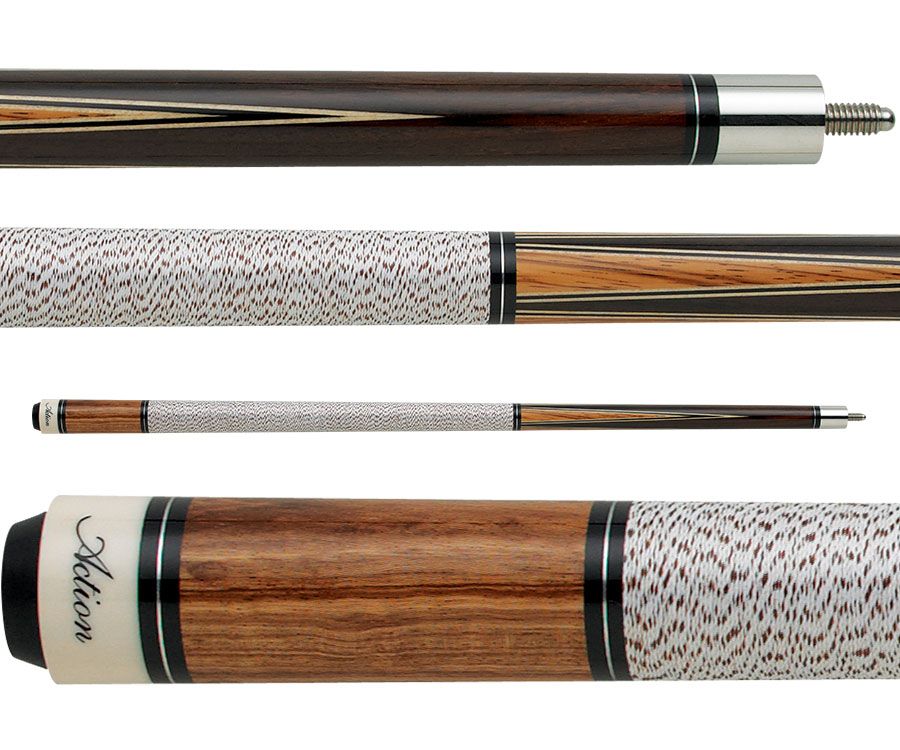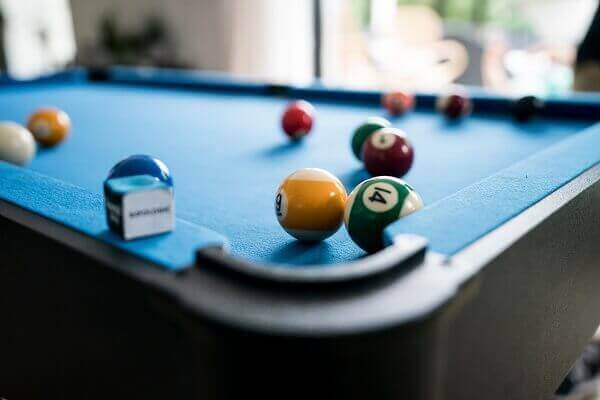
A variety of materials can be used to create pool balls. These include wood, plastic and phenolic resins. Each material offers its own advantages and disadvantages. Despite the variety of options, phenolic-resin pool balls are generally the most durable.
Aside from their durability and strength, phenolic resin balls are also scratch-resistant. Although they are more costly, the price increase is well worth it. These pool balls are well-known for their unique feature, which includes their high density.
Phenolic Resin has been used in many industries. It is made by mixing phenol with formaldehyde. The mixture is then compressed under high pressure to form the ball. It is resistant to extreme temperatures and has high bonding power. In addition, the molecular structure of phenolic resin makes it more resistant to chipping. Because of this, pool balls made from phenolic resin are up to five- to six times more durable than polyester balls.

Also, plastic compounds are considered durable and non-flammable. Plastic compounds have their downfalls. They lose their shine much faster than phenolic rubber balls. You may also get burn marks on the table from using them.
In the 19th century, plastics were still in their infancy. Leo Baekeland, an American chemist, discovered a new chemical that could mold to make a plastic-like substance. Bakelite was his invention and it was used in the manufacturing of billiard ball balls. This material quickly became the standard in billiards.
In the United States, it became more popular during the early 20th Century, when wealthy Americans could afford to purchase them. The material was more durable than wood, even though it was still expensive. The material started replacing wood in production of billiard balls as early as the 1920s.
Most professional pool balls today are made of plastic and phenolic chemicals. This material is far more durable than ivory and wood. It's also slightly more expensive, but it's a great investment for anyone who plays often.

Get a set of professional-grade pool balls to give you a chance at playing billiards. You can even get a pool table accessory kit that includes extra pool balls and other equipment to ensure your game doesn't suffer from any damage.
Alternatively, you can purchase synthetic materials such as polyurethane or acrylic. These materials can be cheaper, but they do have their disadvantages. While they don't lose their shine as quickly as phenolic resin balls, they are not as durable and can deteriorate as quickly. They are not as scratch resistant as phenolic.
A set of polyester balls is an option if you don’t need phenolic balls. Polyester balls are cheaper, but not as durable. Some of them could even break. Make sure you only buy polyester balls from well-respected brands.